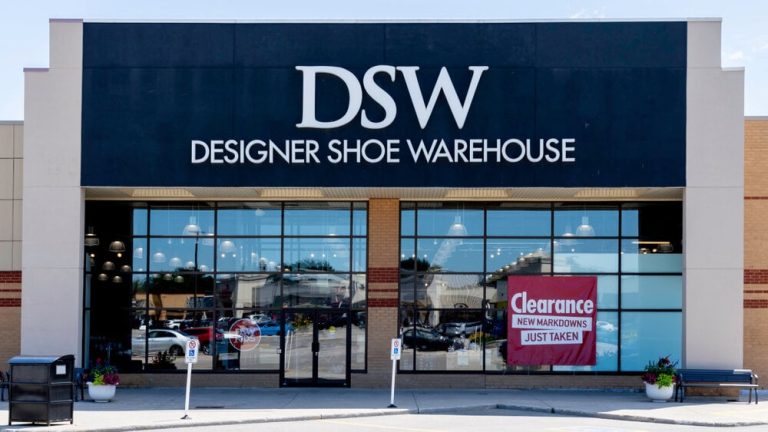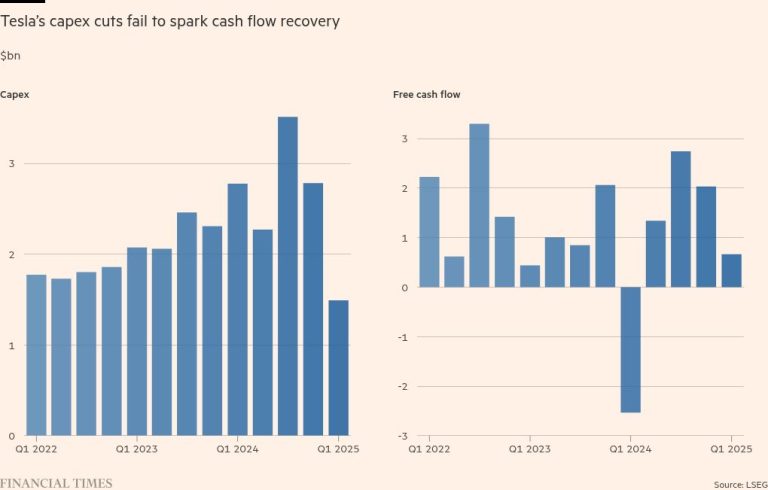The number of cash-only home sales has increased since before the COVID-19 pandemic, when home supply tightened, mortgage rates fell, and demand rose. Even though the competitive all-cash offers have calmed down a bit since the beginning of the pandemic, it can still seem hard to compete when you can’t afford to buy a house in cash. But you have options.
Let’s explore cash-offer financing and other ways to compete with all-cash offers — even if you don’t have a huge down payment.
This embedded content is not available in your region.
In this article:
A cash-offer financing program enables a home buyer to offer cash to a seller — while still making payments to a lender.
The seller receives many of the benefits of an all-cash offer, primarily a faster closing and no financing contingency, so they don’t have to worry about a buyer backing out because they can’t get a loan.
The details can vary, but generally, a cash-offer company purchases the home with cash on behalf of the buyer, who then buys it back via a mortgage. In many cases, here are the steps you can expect to take.
-
Step 1: The potential buyer typically needs to demonstrate strong financial standing, usually by getting preapproved by a mortgage lender or cash-offer financing company to determine the cash offer amount.
-
Step 2: After preapproval, the buyer can find a home and make an all-cash offer to the seller.
-
Step 3: Once the seller accepts the buyer’s cash offer, the company purchases the home using its own cash. The buyer can usually move into the home after the sale.
-
Step 4: The buyer then works with a mortgage lender, which could be the same as the cash-offer financing company or a partner, to finalize a traditional mortgage — essentially buying back the home.
Read more: How to make an offer on a house
Some mortgage lenders offer up-front underwriting, which is sometimes used interchangeably with cash-offer financing. However, the two home-buying terms have notable distinctions.
With up-front underwriting, a buyer presents a strong offer because they’ve gone through much of the underwriting process before finding the home. This reduces the risk of the loan falling through due to the buyer’s finances, which helps them compete with all-cash bids. But it’s still a financed offer, and approval typically hinges on contingencies.
For example, your offer would still likely include a home appraisal contingency, which states that you can back out of the offer without losing your deposit if the appraisal amount comes back lower than the offered amount. All-cash offers (and usually cash-offer financing programs) don’t require an appraisal contingency.
Basically, cash-offer financing programs include up-front underwriting, but not all up-front underwriting programs include cash-offer financing.
While cash-offer financing can help borrowers make competitive offers, it’s not without drawbacks. Here are the pros and cons to consider.
-
Compete with all-cash offers: You’re not guaranteed to have the winning bid, but cash-offer financing can put you on par with other cash offers.
-
Potential leverage for negotiation: A strong cash offer could make the seller more flexible on price, repairs, or other terms.
-
Get into your new home faster: Cash offers usually eliminate the lengthy mortgage underwriting and appraisal processes, at least up front, enabling you to move in sooner.
-
Additional fees: You may pay the financing company a service fee of up to 5% of the home’s purchase price and a daily or monthly rent until your mortgage closes, in addition to paying standard mortgage closing costs.
-
Still need to qualify for a traditional mortgage: If your financial situation changes after preapproval but before closing, the mortgage lender could deny your approval application, which may result in losing the home and forgoing any paid fees.
-
Limited options: Cash-offer financing companies aren’t as widely available as traditional mortgage lenders in some markets. Many of them may limit you to their lender or real estate partners, making it more difficult to shop around.
You may be able to find cash-offer finance programs through independent real estate companies, such as Homeward.
Some national, traditional mortgage lenders also offer these cash-backed loans, such as CrossCountry Mortgage and Planet Home Lending.
If you’re in a highly competitive seller’s market where bidding wars are common, cash-offer financing could give you that advantage that leads to a winning bid. However, it’s important to consider the entire cost.
“These programs can be expensive,” said Melissa Cohn, regional vice president at William Raveis Mortgage, via email. “The companies that offer them will charge a percentage of the purchase price as their fee. That fee can be 3% to 5% or more … They have to be prepared to have that extra cash on hand.”
Are you in a seller’s market? Do you have enough money to cover higher closing costs but not enough for an all-cash offer? Then cash-offer financing could be your answer.
If an all-cash offer financing doesn’t fit your financial situation, consider the following alternatives to make your offer as competitive as possible when buying a house:
-
Get up-front underwritten preapproval: This conditional preapproval comes before you find a home and can give the seller cash-like confidence in your offer. You go through the underwriting process early on instead of after choosing a house, which can give the seller more confidence in you as a buyer.
-
Raise your offer price: Offering a higher price could outweigh the benefits of another buyer’s slightly lower cash offer. But work with a real estate agent to ensure you don’t overpay for the home.
-
Increase the earnest money deposit: By making a larger deposit, you’re signaling to the seller that you’re financially capable and less likely to walk away.
-
Waive contingencies (very carefully): Real estate contingencies let you legally back out of the sale under certain circumstances. For example, removing the financing contingency means that if you can’t secure a mortgage, you’re still on the hook for buying the house. Removing them strategically can dramatically reduce the seller’s risk of the deal falling through — but they can be risky for borrowers. Again, talk to your real estate agent about this option ahead of time.
-
Offer a flexible closing date: Consider adjusting the closing date to meet the seller’s needs. This convenience could be more convincing than a higher offer if it helps them avoid temporary housing or rushing their next move.
Learn more: How long it takes to close on a house — and how to speed up the process
This embedded content is not available in your region.
A house listed as cash-only usually means the seller won’t accept an offer with a traditional mortgage. If you still need a loan, cash-offer financing may be an option. You’ll apply for preapproval with a cash-offer company or a mortgage lender who will purchase the home with cash upon approval. You can then establish a traditional mortgage with the lender to buy it back.
Cash-offer financing can help you compete with an all-cash offer. The seller receives a cash offer, and you repay the cash-offer company or lender once the sale closes. Outside of these programs, you can apply for up-front underwritten preapproval, increase your earnest money deposit, or strategically waive contingencies.
Companies can have strict qualifications for cash-offer financing programs since they use their own funds to purchase the home. You may need an excellent credit score and a higher down payment. You’ll also need to qualify for a traditional mortgage once the cash offer goes through.
Laura Grace Tarpley edited this article.






